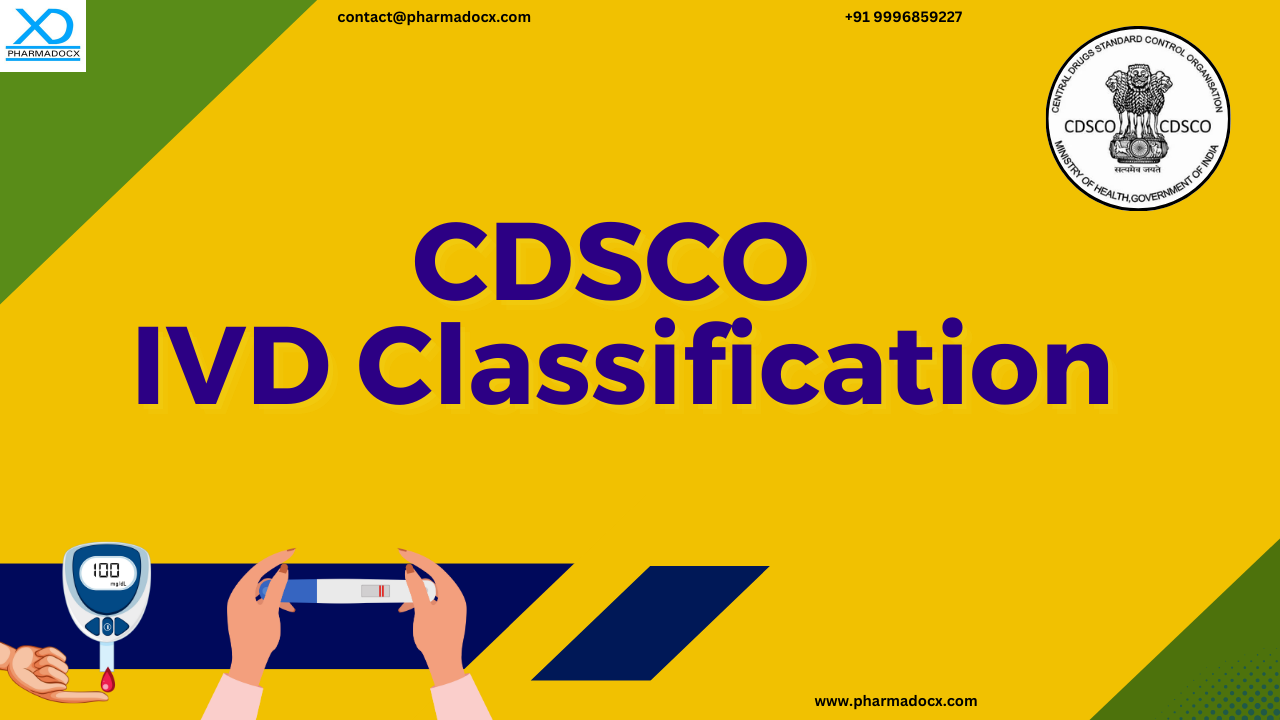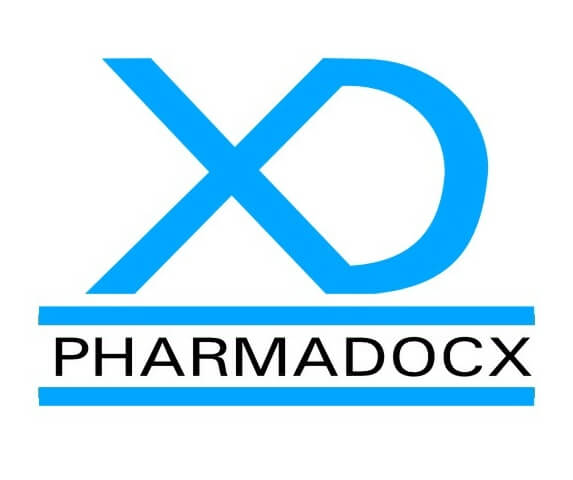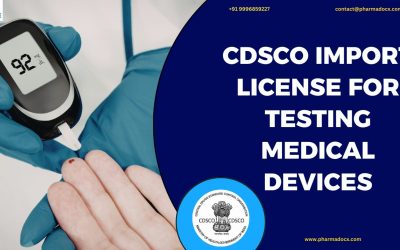In-vitro diagnostic devices are instruments, reagents, or systems intended to diagnose a disease or other health conditions. IVD tests are usually performed in test tubes and similar equipment outside the body. Moreover, the tests can be performed using various instruments from small handheld devices to complex laboratory equipment. Additionally, these tests can be performed at the patient’s homes, laboratories, or health care facilities. Given the role of IVDs in patient diagnosis, stringent regulations for invitro diagnostic devices are required for patient safety. Previously, there were no regulations for IVDs or guidelines for registration of IVDs in India. However, IVD regulatory guidelines under the purview of Drug and Cosmetic Act 1940 & Rules of 1945 have been introduced now. The Central Drugs Standard Control Organisation (CDSCO) has categories IVDs into various classes for the ease of CDSCO registration and license application. Herein, we will focus on the CDSCO IVD classification system.
Currently, approximately, 250 in-vitro diagnostic devices (IVDs) are regulated in India. The CDSCO regulates the import, manufacture, and sale of IVDs in India. Moreover, CDSCO regulations for invitro diagnostic devices provide guidelines for IVD manufacturers/importers to ensure their devices are safe and effective. Furthermore, Medical Device Rules, 2017, has laid down the risk-based CDSCO IVD classification system. Compliance with Indian IVD regulations is mandatory to register your devices in India. The CDSCO is aimed at enforcing these regulations to monitor the quality, efficacy, and safety of IVDs. Additionally, it takes required corrective measures in case of any non-compliance.
Different regulatory guidelines and license types are applicable for different CDSCO IVD classes. IVD manufacturers/importers must apply for IVD registration depending on the applicable CDSCO IVD classification. They must comply with all the CDSCO IVD regulations to avoid regulatory sanctions.
CDSCO IVD classification
CDSCO has categorised IVDs into four classes based on their associated risk level and intended use. IVDs are categorised as Class A, B, C, and D for the ease of CDSCO registration and license application. We have provided an overview of the CDSCO IVD classification system.
CDSCO class A IVD devices
Low risk IVD devices that have the following intended use will be categorised as class A.
- A substance/object with specific characteristic that make it suitable for an IVD procedure associated with a certain examination.
- A device that is specifically to be used for an IVD procedure.
Examples: Reagents and solutions to be used for laboratory testing.
CDSCO class B IVD devices
Moderate risk IVD devices that have the following intended use will be categorised as class B.
- IVD devices intended for self-testing are categorised Class B. The devices should be used to obtain preliminary test results that need confirmation using appropriate laboratory tests. These IVD test results should not be used for the final diagnosis of a medically critical status.
Examples: Blood glucose test strips, pregnancy test kits, and urine analysis test strips.
CDSCO class C IVD devices
Moderate-high risk IVD devices that have the following intended use will be categorised as class C.
- Pre-natal screening of women to analyse their immune system status with respect to transmissible agents.
- IVD device to be used for detecting the presence of an infectious agent, in case there is a significant risk that an incorrect result will be detrimental.
- IVD device to be used for detecting infective disease status or immune system status, where there is a risk that an incorrect result will lead to an imminent life-threatening situation for the patient being tested.
- In vitro diagnostic devices intended for testing human genetics.
- Devices to be used for blood gas analysis or a blood glucose determination.
- Devices used for screening of disease staging in order to select patients for selective therapy and management.
- Monitoring levels of biological or substance components or medicinal items, where there is a risk that an erroneous result will be life-threatening.
- In vitro diagnostic devices intended for managing patients suffering from life-threatening infectious diseases.
- IVD device intended for detecting the presence or exposure to a sexually transmitted disease.
- In vitro diagnostic devices intended for detecting the presence of an infectious agent in the cerebrospinal fluid/blood.
- IVDs intended for blood grouping or tissue typing. Additionally, devices intended to evaluate the immunological compatibility of any cell, tissue, blood and blood component, blood derivative, or organ that is intended for transplantation or transfusion.
- IVD devices for screening of congenital disorders in the foetus.
Examples: Hepatitis testing kits, HIV testing kits, and cancer diagnostic kits are classified as Class C IVD devices.
CDSCO class D IVD devices
High risk IVD devices that have the following intended use will be categorised as class D.
- IVD devices for detecting the presence of or exposure to a transmissible agent.
- IVD devices for detecting any cell, tissue, blood, blood component, blood derivative, or organ for transplantation or transfusion. Additionally, in vitro diagnostic devices for detecting the aforementioned components that can cause a life-threatening disease with a high risk of propagation.
Examples: Companion diagnostics and some laboratory-developed tests
License and application forms as per CDSCO IVD classification
Different application forms and licenses are required for different CDSCO IVD classes. CDSCO regulations for invitro diagnostic devices have provided different guidelines for different CDSCO IVD classes.
License and application forms for Class A and B IVD devices as per CDSCO IVD classification
- Manufacturing license: The applicant will have to use MD 3 to apply for a license to manufacture, sell, and distribute Class A and B IVD devices in India. The license to manufacture Class A and B IVD devices for sale and distribution in India will be granted under MD 5.
- Loan license: A loan license permits a company without a manufacturing facility to manufacture IVDs. With the loan license, the company can use the manufacturing facility of another company that is manufacturing the particular product. The applicant will have to use MD 4 to apply for a loan license for Class A and B IVD devices. The loan license to manufacture Class A and B IVDs without a manufacturing facility will be granted under MD 6.
- Import license: The application for importing Class A and B IVDs into India is filed under MD 14. The license to import Class A and B IVDs into India for sale and distribution is granted under MD-15.
License and application forms for Class C and D IVD devices as per CDSCO IVD classification
- Manufacturing license: The applicant will have to use MD 7 to apply for a license to manufacture, sell, and distribute Class C and D IVD devices in India. The license to manufacture Class C and D IVD devices for sale and distribution in India will be granted under MD 9.
- Loan license: A loan license permits a company without a factory and facility to manufacture IVDs. With the loan license, the company can use the manufacturing facility of another company that is manufacturing the same IVD. The applicant will have to use MD 8 to apply for a loan license for Class C and D IVD devices. Loan license to manufacture Class C and D IVDs without a facility and factory will be granted under MD 10.
- Import license: The application for importing Class C and D IVDs into India is filed under MD 14. The license to import Class C and D IVDs into India for sale and distribution is granted under MD-15.
Regulatory support for obtaining CDSCO license for IVDs in India
Regulations for invitro diagnostic devices are vital for patient safety and protection of public health. IVDs have an indispensable role in the healthcare industry. They have a vital role in diagnosing diseases and providing prognosis as well as monitoring progress. Hence, CDSCO has laid down stringent regulations for invitro diagnostic devices in India to ensure patient safety and improve patient outcome.
IVD manufacturers/importers will have to navigate through the CDSCO IVD classification to understand which regulations are applicable for their product. Additionally, the CDSCO regulations for IVDs at times are difficult to comprehend. We at Pharmadocx Consultants provide regulatory support for obtaining CDSCO license for IVDs in India. To secure CDSCO IVD license in a hassle-free manner, call/Whatsapp on 9996859227 or drop an email at [email protected].





